

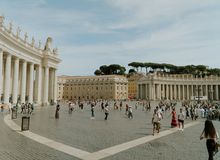
Francis thinks of his pontificate as a “pastoral” attempt at building bridges instead of creating walls with the whole world, leaving doctrinal issues aside.
.jpg)
There is a risk the whole conversation may become a sterile exercise when two or more experts talk to one another, losing the gospel focus healthy theology must always have.
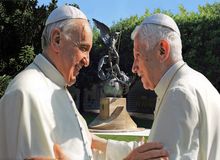
Benedict XVI died at the end of 2022, but on July 1st, his shadow receded further from the Vatican.
.jpg)
“Rapito” was presented at the 2023 Cannes Festival. It tells the true story of Edgardo Mortara, a Jewish boy from Bologna, who was kidnapped from his family in 1858 and taken to a Catholic boarding school by order of the Inquisition court.
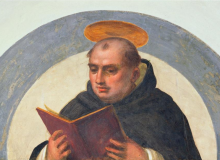
Reading him critically and generously in light of the Scripture Alone principle, seems to be the best evangelical approach to Thomas Aquinas.
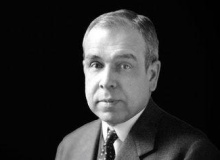
J. Gresham Machen wrote his book Christianity and Liberalism exactly a century ago.
.jpg)
For the President of the Pontifical Council for Christian Unity, the motivations that gave rise to the Protestant Reformation were met and are no longer tenable outside of the Roman Catholic Church.
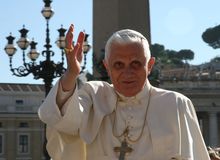
Ratzinger was concerned that Luther’s interpretation of the Christian ministry as mainly characterized by preaching, prayer, and pastoral care ware becoming widespread in Catholic circles.
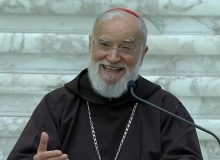
In a nutshell, according to the cardinal, all human beings will be saved by Christ, with or without faith in Christ.
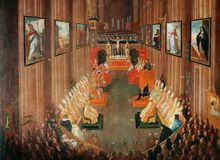
The first results of the “synodal process” in European dioceses are attacks on the Tridentine paradigm.
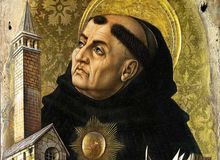
In recent years, we have witnessed a growing fascination with Thomas Aquinas and Thomism by evangelical theologians.
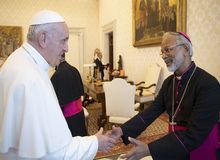
The history of the Roman Catholic conclaves indicates that electoral majorities do not predictably follow in the way they were formed, but can be constructed in an unexpected way.
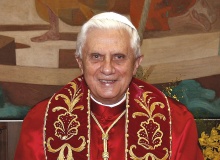
A historical sketch of the Nature-Grace interdependence (III)
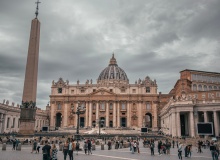
The kind of “evangelization” the Pope is advocating for in Praedicate Evangelium is something utterly distant from the biblical meaning of the word.
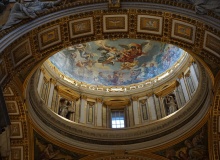
A historical sketch of the Nature-Grace interdependance (II)
Cropped.jpg)
A historical sketch of the Nature-Grace interdependence (I).

Francis is a “liquid” pope who is liquifying an institution that has made its rocky and immutable structure a distinctive trait of its identity.
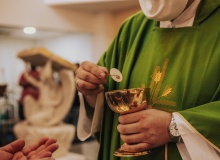
Eucharist has been elevated to a primary identity-marker: practiced, taught, protected, abused, and used for various purposes, including extra-religious ones.
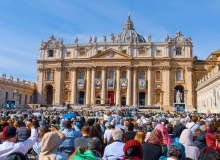
As a Jesuit, Pope Francis tends to use an equivocal style, a dubitative and incomplete form of argumentation, an “open” logic, a colloquial if not casual tone, and a pastoral trait which often lacks clarity and coherence.

The evangelical faith, while feeling totally part of the history of the faithful church, is ultimately submitted to Scripture alone.
Cropped.jpg)
Has the former Anglican Bishop Nazir-Ali fallen prey to a shortsighted, selective and, in the end, idealized view of Rome – a sort of wishful thinking in times of personal crisis?
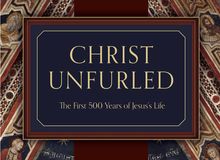
Evangelical remarks on Catholic S.J. David Meconi’s latest book.
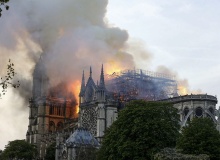
On Andrea Riccardi’s insights on the crisis of present-day Roman Catholicism.
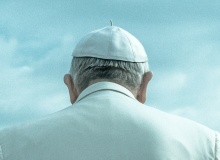
Whoever is elected, the next pope will unlikely be an “evangelical” if the word “evangelical” retains its doctrinal and historical meaning.
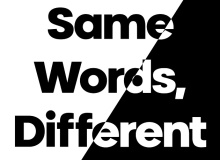
In his new book “Same Words, Different Worlds”, Italian theologian and evangelical pastor Leonardo De Chirico defends the need to understand the theology that differentiates evangelicals and Roman Catholics.

Las opiniones vertidas por nuestros colaboradores se realizan a nivel personal, pudiendo coincidir o no con la postura de la dirección de Protestante Digital.